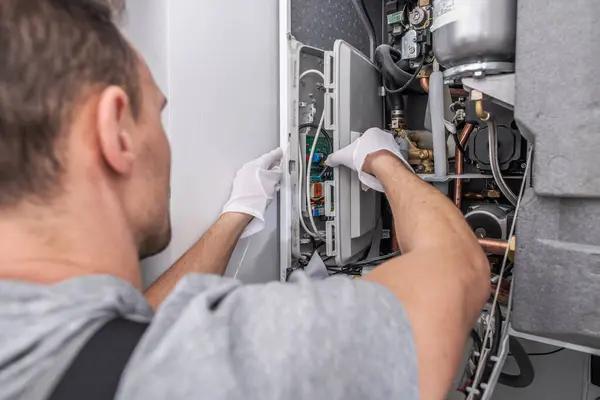Efficient HVAC Service Improving Indoor Air Quality
Efficient HVAC service plays a crucial role in improving indoor air quality, directly impacting the health and comfort of building occupants. Heating, ventilation, and air conditioning systems are responsible for regulating temperature and airflow, but they also influence the cleanliness of the air inside homes and commercial spaces. Over time, HVAC units can accumulate dust, mold, allergens, and other contaminants that degrade indoor air quality if not properly maintained. Regular inspection and maintenance ensure these systems operate optimally while filtering out harmful particles.
One of the primary ways efficient HVAC service enhances indoor air quality is through thorough cleaning of system components such as ducts, filters, coils, and vents. Air filters capture airborne pollutants like pollen, pet dander, dust mites, and smoke particles; however, clogged or outdated filters become less effective over time. Replacing or upgrading to high-efficiency particulate air (HEPA) filters during routine servicing significantly reduces airborne contaminants. Additionally, cleaning ductwork prevents the circulation of trapped debris throughout living or working environments.
Proper ventilation is another critical factor influenced by well-maintained HVAC systems. Efficient ventilation ensures fresh outdoor air replaces stale indoor air without creating drafts or energy waste. Technicians assess airflow balance within buildings to prevent areas with stagnant or overly read on humid conditions where mold growth thrives. Addressing issues such as leaks in ductwork helps maintain consistent pressure levels that support healthy airflow patterns.
Beyond mechanical aspects, modern HVAC services often include evaluating humidity control measures since excessive moisture encourages microbial growth harmful to respiratory health. Installing dehumidifiers integrated into HVAC setups can maintain optimal humidity levels between 30% and 50%, reducing risks associated with mildew development and dust mite proliferation.
Energy efficiency improvements made during service visits also contribute indirectly to better indoor environments by minimizing pollutant generation from appliances running inefficiently under strain. Well-tuned equipment uses less energy while maintaining desired temperatures more consistently.
Professional technicians use diagnostic tools to identify hidden problems affecting system performance before they escalate into costly repairs or cause poor air quality episodes like musty odors or increased allergy symptoms among occupants. Timely interventions extend equipment lifespan while ensuring cleaner breathing conditions indoors.
In summary, efficient HVAC service is essential for sustaining high indoor air quality by combining regular maintenance practices with advanced filtration technologies and proper system calibration. Investing in professional care not only safeguards occupant health but also enhances overall comfort through improved climate control efficiency within residential or commercial properties alike.

